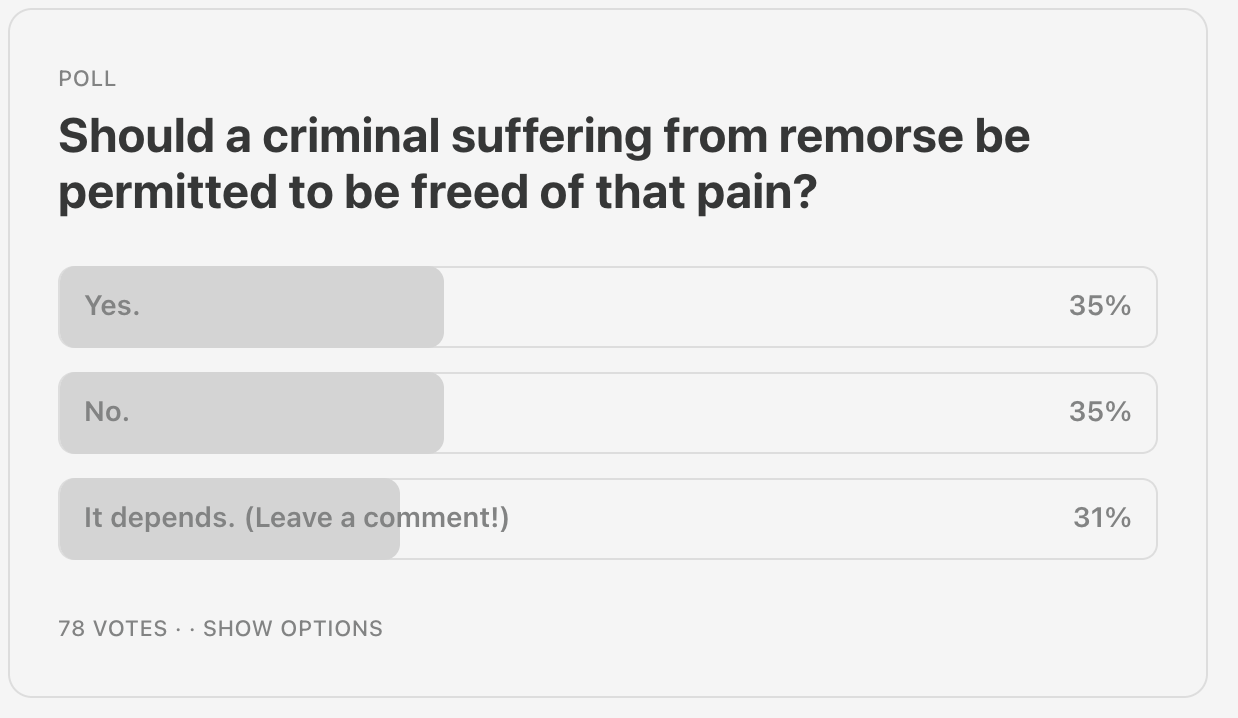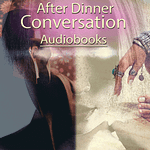Hello everyone,
Up to now each story contained a link to listen to the podcast on the After Dinner Conversation website. Those stories were narrated by volunteers (myself included) and took so much time and effort to produce that we ended up abandoning that project a while back. However, narrator T. Jack Dansen has agreed to volunteer his time and amazing audio skills to pick up where we left off. We won’t be able to produce podcasts for every story going forward, but we’ll do what we can (I’ll fill in when possible). I hope you enjoy listening to his narration as much as I do.
T. Jack Dansen is a writer, musician, and app software developer. He enjoys hiking, cooking, and experiencing live music. Watch his video creations on the YouTube channel @AntHillOracle.
AWARDS:
Rated "Most Popular Fiction Magazine 2024" by Chill Subs
Rated "Top 10 LitMag of 2023, 2024" by Chill Subs
Rated #1 "The Very Best Literary Magazine" by Ranker
Rated “Top 50 Fiction" on Substack
NEWS:
Our “Best of 2024” is out, purchase print or digital versions today.
After Dinner Conversation is now offering advertising opportunities right here on Substack, as well as in the magazine and on our social media platforms. Here are the details.
Educators, find out how to get a free copy of a themed edition.
If you enjoy these stories and want to support writers and what we do, you can always subscribe to our monthly magazine via our website (digital or print), or via substack.
Also check out our free partner ebook downloads.
Thanks for reading, sharing, and re-stacking this post!
Tina
Take the poll for this week’s story, “Appreciating Hate”:
(It’s completely anonymous…and fun!)
Last week’s poll results:
Appreciating Hate by Deborah Serra
Felix thought of his mind as though it were artwork – a painting. His skull was the frame, the canvas inside the frame was the grey matter, the applied paint was his education, and that insubstantial feeling evoked by the art piece was his consciousness. The fissure began as the tiniest slit in the fabric, but grew and then ripped across the entire surface of his mind. Finally, the only answer was restoration. He must repair his conscience. It was all no longer ignorable. He couldn’t deny it. He knew there was right. And there was wrong. He did not believe in moral relativity. Right. Wrong. It was clear.
He felt authorized to become proactive. There had to be rules. Art had to be held to some acceptable humane standard. Should it lift up, engage our spirits, fulfill, and vivify our lives? Maybe not. But should it honor the depraved, the cruel, the violent, and the heartless? Either he would act on what he knew to be right and true, or he would be complicit. So, the collecting began in earnest.
Listen to this episode with a 7-day free trial
Subscribe to After Dinner Conversation - Philosophy | Ethics Short Story to listen to this post and get 7 days of free access to the full post archives.
















